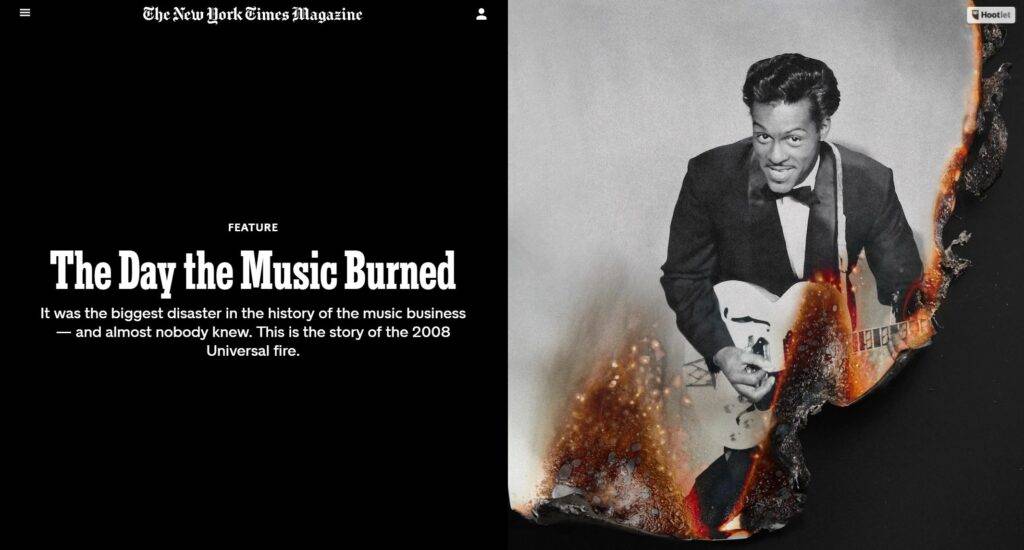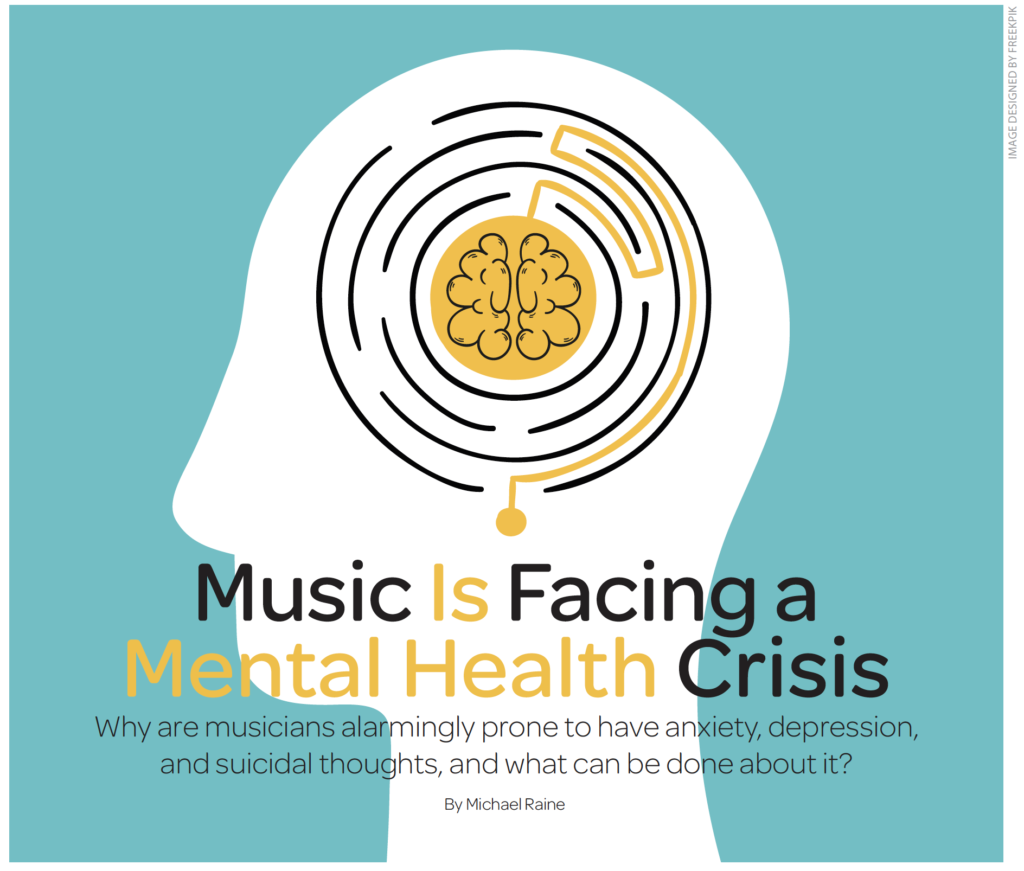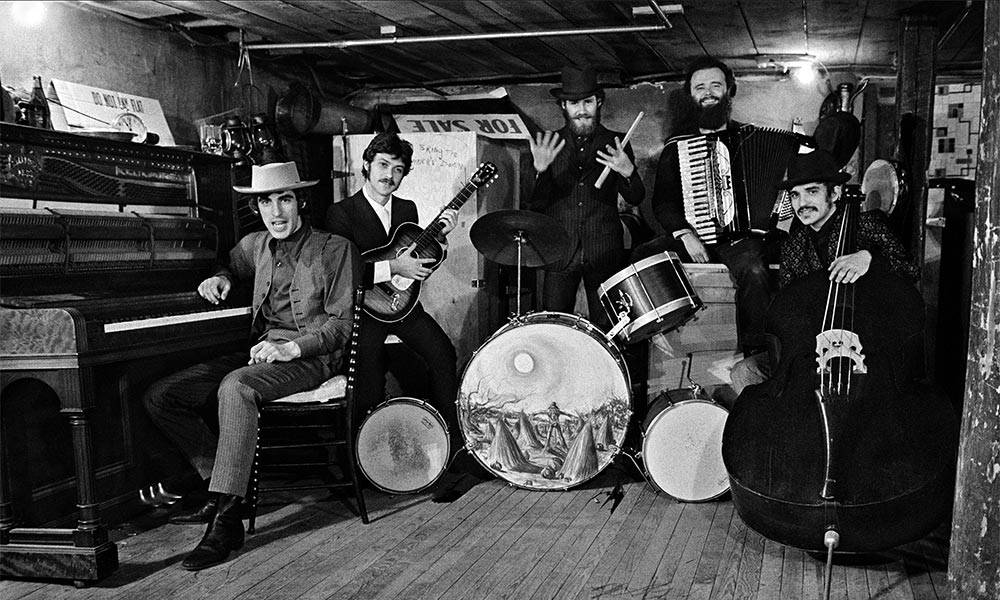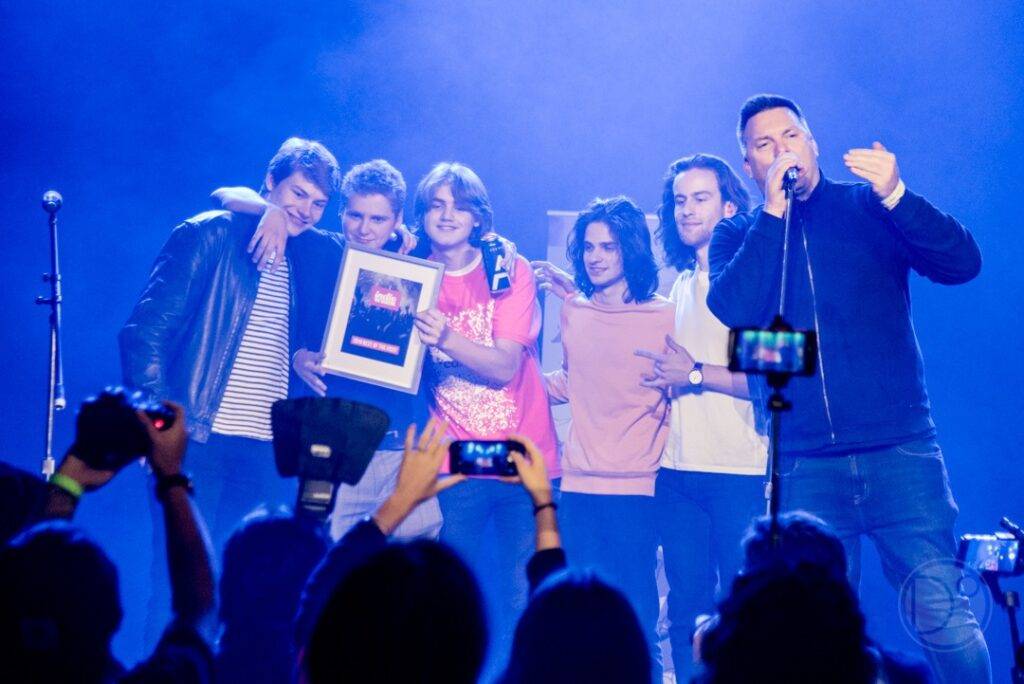
Musicians Unite Against AI Copycats: The Battle for Artist Rights in the Digital Age
In the ever-evolving landscape of the music industry, artists are facing a new adversary: artificial intelligence (AI) copycats. The Artist Rights Alliance, a non-profit advocacy organization, has sounded the alarm, urging AI tech companies, developers, platforms, and digital music services to halt the exploitation of AI in ways that undermine the rights of human artists. Spearheaded by more than 200 prominent musicians, including Billie Eilish, Nicki Minaj, and Arkells, this call to action underscores the urgent need to protect against the predatory use of AI, which threatens to devalue artistic creativity and disrupt the music ecosystem.
At the heart of the issue lies the proliferation of AI-generated content, particularly in the form of songs and vocal performances. Instances of AI mimicking the voices of renowned artists, such as Drake, The Weeknd, and Justin Bieber, have sparked outrage and raised concerns about the ethical implications of AI technology. While AI holds promise for innovation and creativity, its misuse poses a significant threat to the livelihoods of human artists, who rely on their unique voices and creative expressions to earn a living.

The controversy surrounding AI in the music industry extends beyond mere imitation. It encompasses broader issues of consent, ownership, and financial compensation. AI-driven programs often utilize pre-existing work without permission from artists, raising questions about intellectual property rights and fair compensation. Moreover, the rise of AI-generated content threatens to flood the market, potentially overshadowing the authentic voices of human artists and diminishing their opportunities for recognition and financial reward.
In response to these challenges, the music community is mobilizing to defend the rights and interests of artists. The Artist Rights Alliance’s open letter represents a unified stance against the exploitation of AI and a rallying cry for industry stakeholders to uphold ethical standards and protect artistic integrity. While the letter does not advocate for an outright ban on AI, it calls for the establishment of ethical frameworks to govern its use and ensure that artists’ rights are safeguarded.
Jen Jacobsen, executive director of the Artist Rights Alliance, emphasizes the need for responsible use of AI technology. Recognizing the creative potential of AI, Jacobsen acknowledges its positive contributions but warns against its misuse, which could undermine the rights and livelihoods of human artists. The goal, she asserts, is not to stifle innovation but to strike a balance that respects the rights and dignity of creators.
The debate over AI in the music industry has reignited discussions about the intersection of technology, artistry, and ethics. Colin Linden, a Canadian musician and signatory of the open letter, underscores the importance of proactive engagement with AI issues, drawing parallels to past challenges faced by the music industry. Linden urges artists to protect their identities and personalities from being exploited by AI, emphasizing the irreplaceable value of human creativity in an increasingly digital world.
In a landmark development, Tennessee recently passed legislation aimed at protecting songwriters, performers, and other music industry professionals from AI-generated content. The Ensuring Likeness, Voice, and Image Security Act, dubbed the “ELVIS Act,” represents a significant step towards safeguarding artists’ rights in the face of technological advancements. Supporters view the legislation as a crucial safeguard against unauthorized use of artists’ voices and likenesses, setting a precedent for future regulatory measures.
The financial implications of AI-generated content are a growing concern for artists, particularly in the wake of the COVID-19 pandemic and the dominance of music streaming services. Tift Merritt, a folk singer, expresses apprehension about the prospect of AI-generated content displacing human artists and undermining their ability to earn royalties. Merritt’s concerns reflect broader anxieties within the music community about the economic viability of artistic careers in an age of technological disruption.

Richard Sutherland, an associate professor at Mount Royal University in Calgary, predicts that AI-driven artist mimicry will inevitably lead to legal disputes over intellectual property rights. However, he cautions that legal recourse may be arduous and costly for individual artists, highlighting the need for collective action and systemic reforms to address the challenges posed by AI technology.
Despite the potential risks posed by AI, some artists and innovators are exploring ways to harness its capabilities for creative expression. Daouda Leonard, manager of musician Grimes, collaborated with Grimes to develop CreateSafe, a program that allows fans to use Grimes’s voice in their own songs with her consent. Leonard emphasizes the importance of consent in AI-driven projects, advocating for fair and equitable partnerships between artists and technology companies.
Similarly, Jordan Young, a Grammy-winning producer and co-founder of Hooky, a platform designed to empower artists in the AI landscape, stresses the need for ethical and legal safeguards. Young envisions AI as a tool to enhance human creativity rather than replace it, emphasizing the importance of inclusive dialogue and collaboration in shaping the future of music technology.
In conclusion, the debate over AI in the music industry represents a pivotal moment in the ongoing evolution of artistic expression and technological innovation. As artists and industry stakeholders grapple with the ethical, legal, and economic implications of AI, the need for collective action and forward-thinking solutions becomes increasingly urgent. By advocating for artist rights, fostering ethical practices, and embracing responsible innovation, the music community can navigate the challenges of the digital age while preserving the integrity and diversity of artistic expression for generations to come.






Responses